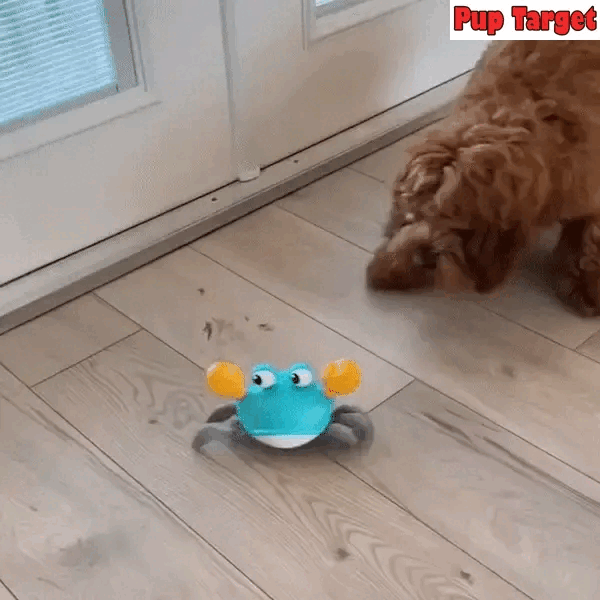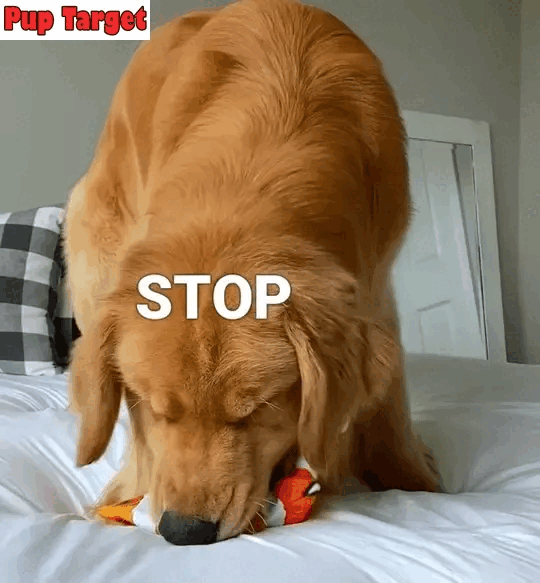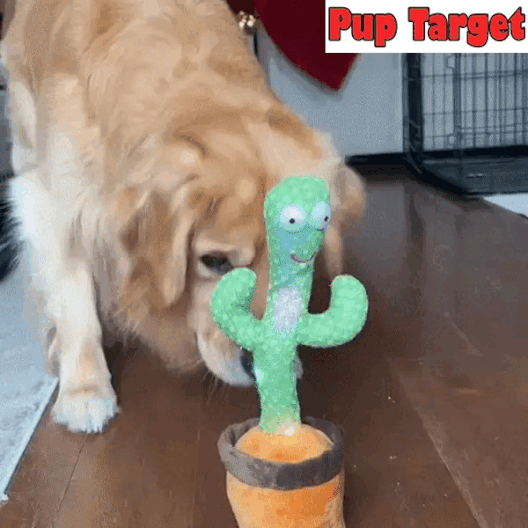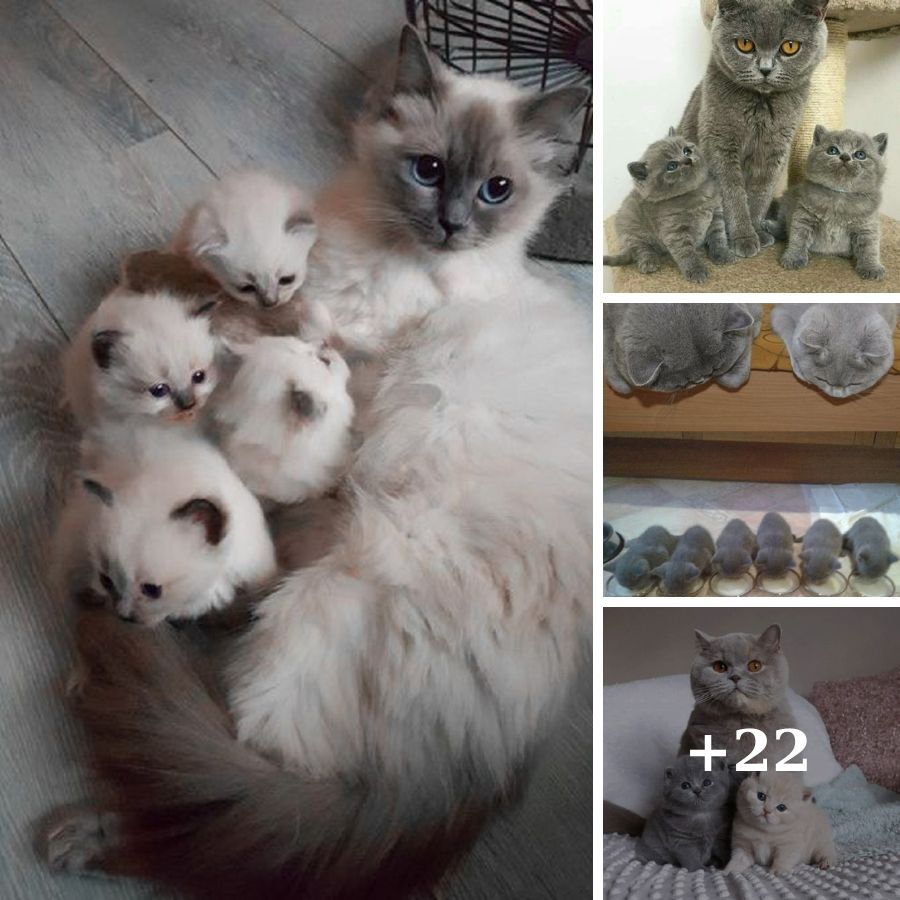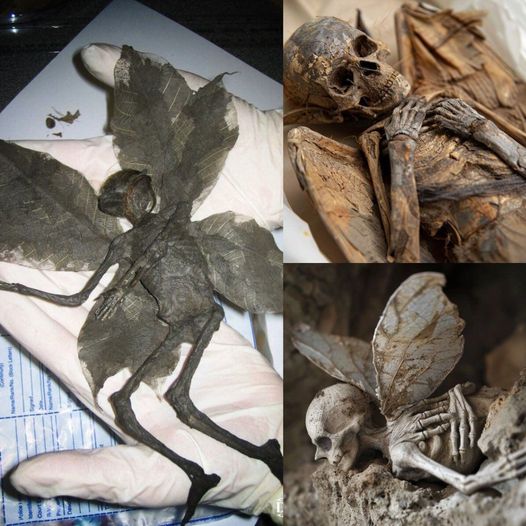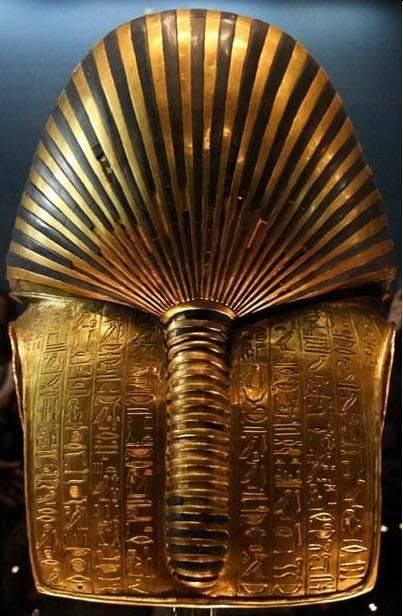Cats are renowned for their independence and self-sufficiency, but when it comes to their offspring, these feline mothers turn into incredibly caring and attentive parents. From the moment their kittens are born, cat moms exhibit nurturing behaviors that ensure the health and well-being of their little ones. In this blog post, we'll explore the fascinating world of feline parenting, from birth to weaning, shedding light on the remarkable ways in which cats take care of their babies.
1. Birth and Maternal Instinct:
The Miracle of New Life

The journey of feline motherhood begins with the birth of kittens. Most cats prefer a quiet and secluded spot for giving birth, where they can create a secure nest for their newborns. Unlike some animals, cats do not require assistance during labor and delivery. Their maternal instincts kick in, guiding them through the process with remarkable efficiency.
2. Cleaning and Grooming:
A Mother's Touch

One of the first acts of a cat mother after giving birth is to clean her kittens. This isn't just about maintaining hygiene; it also stimulates the kittens' circulation and helps them urinate and defecate. Mother cats are meticulous groomers, and their thorough care ensures their babies stay clean and healthy during these vulnerable early days.
3. Feeding and Nursing:
Nourishing the Future

Mother's milk is the primary source of nourishment for newborn kittens. It provides essential nutrients and antibodies crucial for their growth and immune system development. Mother cats are dedicated nurses, and they often curl around their kittens to keep them warm and safe during feeding sessions. This bonding time is critical for both physical and emotional development.
4. Protection and Security:
Guardians of the Nest

Cat moms are fiercely protective of their kittens. They keep a watchful eye over their brood and are quick to investigate any potential threats. Mother cats will move their kittens if they sense danger or if the nesting area becomes compromised. Their dedication to ensuring their kittens' safety is unwavering.
5. Weaning and Teaching:
Life Lessons from Mom

As the kittens grow, mother cats start the weaning process. They introduce solid food and gently teach their offspring how to eat. This period of transition involves a mix of nursing and eating solid food, allowing the kittens to gradually adapt to their diet. Mother cats continue to provide guidance and discipline, teaching their young ones valuable social and behavioral lessons.
A Note on Animal and Pet Care
While mother cats excel at taking care of their kittens, it's essential for humans to provide support and care as well:
1. Veterinary Care: Regular check-ups for both the mother and kittens are crucial for their health. Ensure that the kittens receive vaccinations and preventive care as recommended by a veterinarian.
2. Nutritional Support: Provide the mother cat with a balanced and nutritious diet to support her during nursing. Consult your veterinarian for guidance on the best diet for both the mother and kittens.
3. Socialization: Expose the kittens to positive human interactions from an early age to help them become well-adjusted, sociable cats.
Conclusion
The journey of feline motherhood is a testament to the incredible nurturing instincts of cats. From the moment their kittens are born, these mothers dedicate themselves to their care, ensuring their offspring grow strong, healthy, and well-prepared for the world. As animal enthusiasts and pet owners, it's heartwarming to witness the bond between a mother cat and her kittens, a reminder of the innate beauty of the animal kingdom. It also underscores the importance of providing love and support to our feline friends, acknowledging their remarkable abilities as parents and the invaluable lessons they pass on to their offspring.

